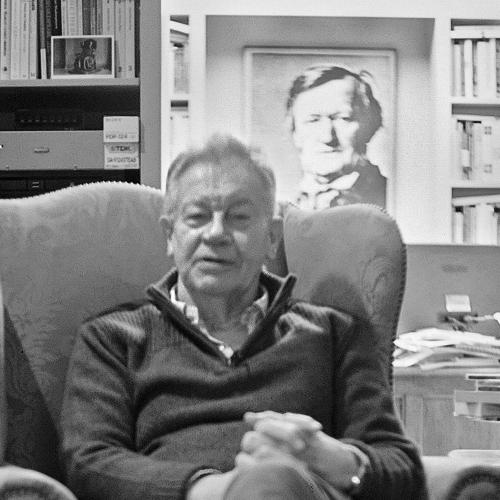COMPOSERS: Mozart
LABELS: Orfeo
ALBUM TITLE: Mozart: Don Giovanni
WORKS: Don Giovanni
PERFORMER: Cesare Siepi, Elisabeth Schwarzkopf, Rafaele Arie, Elisabeth Grummer, Anton Dermota, Otto Edelmann, Erna Berger, Walter Berry, Vienna PO, Wilhelm Furtwangler
CATALOGUE NO: C 624 043
This is an immensely and immediately impressive performance, and by ‘immediately’ I mean the thunderous, terrifying opening chord which gives notice that matters of life and death are in the offing. Furtwängler’s interpretation of Mozart’s equivocal opera is fraught with suspense, menace and, within the smallest compass as well as the largest, tension. Tempos are often on the slow side, but the movement towards a climax is so inevitable that there is no hint of longueurs. The extraordinary skill with which Furtwängler binds recitatives and arias or ensembles adds still further to the compelling quality of this account. And the cast throughout in this 1953 Salzburg Festival performance is on the highest level, down to the Masetto of the young Walter Berry, sounding as rebellious as Figaro at being bossed around by a nobleman. Cesare Siepi is an infinitely seductive Don, and his victims, actual or desired, are not only stellar but deeply inside their roles. Yet they work as an almost flawless ensemble.
Comparisons seem silly at this level of achievement, but if you want better sound than this acceptable mono of 1953, and fewer noises from people moving around on stage, then Giulini’s classic recording is in the same mould, if less authoritative (EMI), and Elisabeth Schwarzkopf repeats her classic Elvira on it. Also astonishingly dramatic is Bruno Walter’s riveting account from the Met in 1942 (Naxos). Karajan in 1985 shows the same tradition, only turned to stone (DG). Michael Tanner
